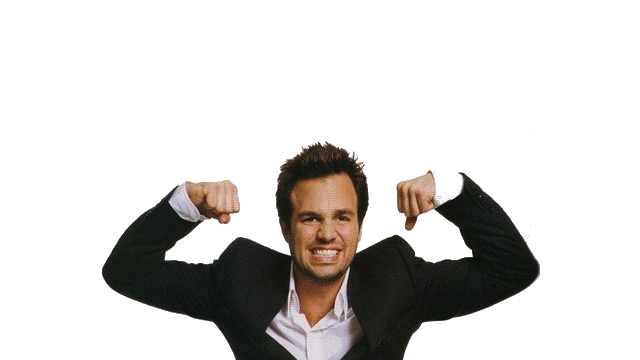Plans For Mormon Temple Has Some Parisians Worried

Article written by guest writer Kecia Lynn
What’s the Latest Development?
Court action is pending on stopping the building of a Mormon temple in the Paris suburb of Le Chesnay, a wealthy and predominantly Catholic community. The project, which includes several buildings, is fairly large in size, prompting concerns about dedicating land that might be better used towards public housing and businesses. Under French law, construction is allowed to continue while the court makes up its mind; a petition started last December gathered 6,000 signatures, only 2,000 of which were from local residents. Some of these residents worry that their children will be converted, a belief one Mormon official says is “unfortunate.”
What’s the Big Idea?
Experts say the controversy speaks to the larger issue of France’s shifting religious demographics and reveals the rise of newer Christian religions such as Mormonism (which has just over 36,000 followers in France, less than one-tenth of the population) and Jehovah’s Witnesses. As is the case in other parts of the West, most Catholics in France no longer attend services regularly and churches are increasingly relying on Asia and Africa to supplement its dwindling clergy. Correspondingly, since 1987, the percentage of religious non-Catholics, including Protestants, has increased, though by a small amount. The percentage of French citizens who are non-religious has grown by several points more.
Photo Credit: Shutterstock.com





